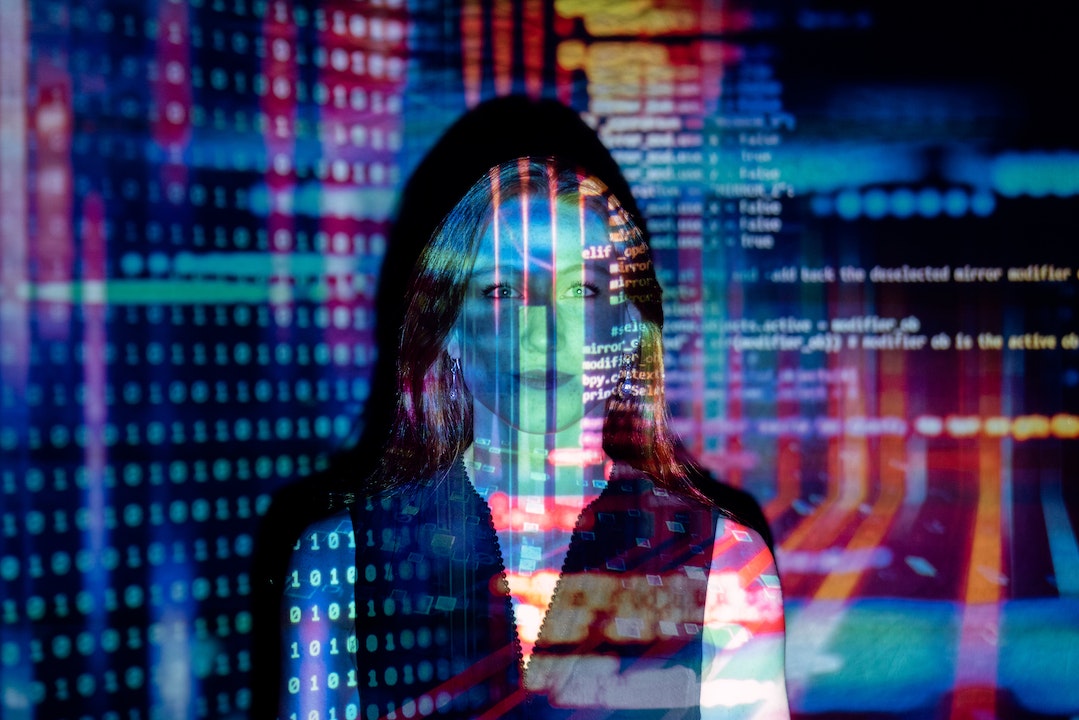
Technology refers to the tools, techniques, and methods used to create, develop, and improve products, services, and systems. It encompasses various fields, from electronics, computing, and telecommunications, to biotechnology, nanotechnology, and materials science.
Technology involves using knowledge, skills, and resources to solve practical problems and meet human needs. It can include physical devices such as computers, smartphones, medical equipment, software, networks, and information systems. Technology is also used in manufacturing, transportation, energy production, agriculture, and many other areas of modern life.
Overall, technology plays a crucial role in shaping our world and profoundly impacts how we communicate, work, learn, and interact with each other.
We all know the benefits of modern technologies. But these technologies also have a dark side that is rarely discussed. Current technologies have many adverse effects on people’s daily lives. We will discuss some of the effects below.
How does the echo chamber affect?
Social networks lead to people being introduced to new perspectives. But in fact, this case could be more accurate. For example, Facebook’s algorithms work so that people only see content they are interested in that matches their line of thought. Such an approach distances people from the other party’s point of view, and as a result, a person only encounters ideas that match his way of thinking. The interactions between the two opposite parties usually appear as a conflict, which does not have much effect on changing the opinion of the opposing parties.
Technology and obesity
The increase in obesity is related to many factors. One of these obvious factors is the prevalence of smartphones, tablets, game consoles, and gadgets in general. The prevalence of these devices has led to less mobility of people. According to research conducted a few years ago in 27 countries, with every 10% increase in money spent on gadgets, we see a 1% increase in obesity statistics. Technologies make us less active and change our eating habits. For this reason, governments usually try to increase the mobility of citizens and lower this statistic in some way.
The availability of everything has led to a decrease in people’s patience

The rise of YouTube and other video streaming services has significantly impacted people’s patience, especially in entertainment. In this context, one of the researches in which the researchers of that project measured the tolerance of about 6 million Internet users for video loading on video streaming sites. The result of this research was astonishing. On average, people wait only 2 seconds for a video to load and abandon the video if it doesn’t load within that time.
We can see the effect of this decrease in patience in real life. Many online stores offer same-day delivery, food delivery apps promise fast delivery and online taxi apps have grown in popularity.
The effect of GPS on brain function
GPS has become an integral part of our daily life, and many people need this technology to find many routes and places. In this context, McGill University conducted research. This research showed that excessive use of GPS can adversely affect the brain’s long-term memory function. This goes back to the hippocampus, A part of the brain responsible for memory control and related to spatial navigation. The researchers of this study say that people who use less GPS and rely on their memory for navigation have a more active hippocampus. Another neuroscientist noted in this context that relying too much on GPS technology can lead to premature dementia.
Smartphones are changing sleep patterns
Ambient light has a significant effect on the sleep pattern of humans. For example, by observing red light, like the light we can see at sunset, the human eye concludes that night is near and it is time to sleep. We should also mention the blue light that the human body concludes that it is time to wake up by observing this light.
Blue light is the light we can see in the morning. In addition, the display of gadgets such as smartphones and tablets also emits blue light. For this reason, people are advised not to use their phones before going to sleep, disrupting the sleep pattern and reducing the time of deep sleep.
Google makes the brain lazy
There are all kinds of information on the Internet; to access them, it is enough to spend a little time in the Google search engine. Although this issue has many advantages, it also has disadvantages. For example, by getting used to using Google, users consider the Internet as a kind of external hard drive of their brain and therefore do not transfer new information to their brain. A subject that has many adverse effects on the brain and makes the brain lazy.







